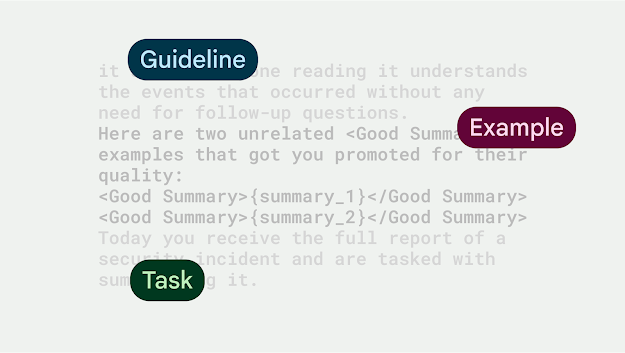I/O 2024: What’s new in Android security and privacy
Posted by Dave Kleidermacher, VP Engineering, Android Security and Privacy Our commitment to user safety is a top priority for Android. We’ve been consistently working to stay ahead of the world’s scammers, fraudsters and bad actors. And as their tactics evolve in sophistication and scale, we continually adapt and enhance our advanced security features and … Read more





.png)
.png)

